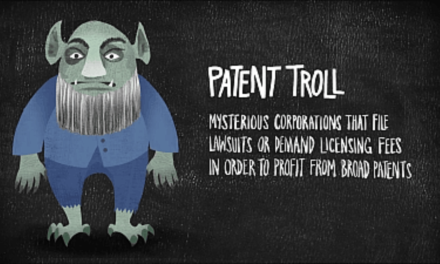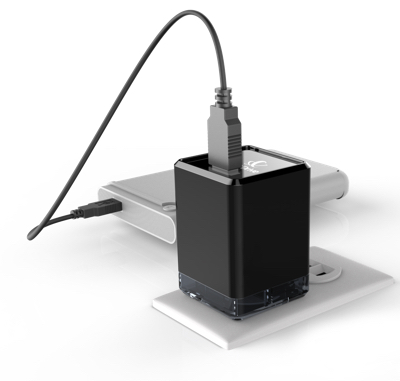Mobile Experts (http://mobile-experts.net) has released a style that “unapologetically draws a line between fact and myth in the developing automotive IoT [Internet of Things] market.”
The report investigates connectivity for telematics, vehicle-to-vehicle (V2V) and vehicle-to-infrastructure (V2I) applications using DSRC and LTE, as well as TPMS and other wireless applications related to cars. New business models for insurance and 5G technology prospects are explored in detail.
“A political battle is raging in the United States, with the auto industry pushing for the Federal Communications Commission and the Department of Transportation to adopt DSRC using 802.11p,” commented Mobile Experts Principal Analyst Joe Madden. “However, the wireless industry—led by Qualcomm–is pushing for extension of Wi-Fi into the 5.8 GHz band and LTE for V2V communications. The outcome of this politicized decision will have far-reaching implications, as many other countries are waiting for the USA to make the first move.”
According to the Mobile Experts report, the overall number of wireless IoT modules shipped in the automotive sector will triple, from 200 million in 2015 to more than 600 million in 2021. That means that multiple radios will be used for each vehicle, since only about 80 million vehicles are sold each year. Mobile Experts predicts that revenue for automotive IoT modules will grow from about $6 billion today to $10.9 billion in 2021.
The report explains that autonomous, connected cars were built in the 1950s, and the market is still developing the concept 60 years later. Clear diagrams and timelines in the market study illustrate how the industry will go through many different steps before a fully autonomous car will become a reality.
“Cars are already connected using 2G, 3G, and LTE. We don’t see a role for 5G in the car, but we predict the rise of some very interesting new business models coming into the market with Usage Based Insurance, fleet management, infotainment, and improved safety. It’s important to note that autonomous cars collect huge amounts of data. This analysis makes some predictions about what cars will do with that data, and how much will be shared over the network,” said Madden.
Semiconductors for automotive IoT will grow steadily to about $5 billion in 2021, Mobile Experts reports. The study includes BOM [bill of materials] cost estimates and block diagrams to illustrate the level of integration for Automotive IoT semiconductors. As an example, some cars will adopt LTE-M (Category-M1) modems with integrated transceivers for another step in cost reduction during the 2020-2021 timeframe.


![[NPL] Soundz 1.0](https://www.mactech.com/wp-content/themes/Extra/images/post-format-thumb-text.svg)
